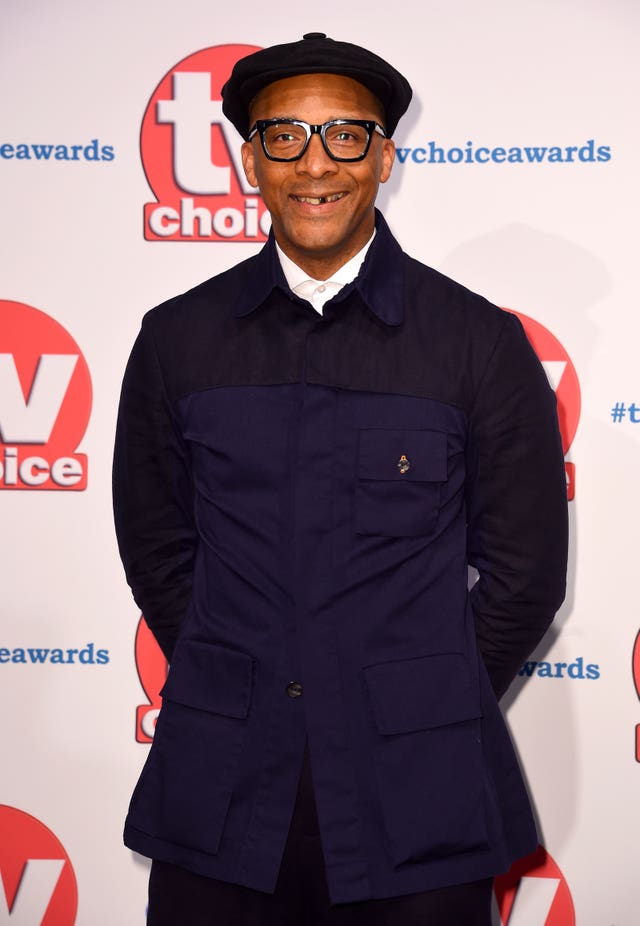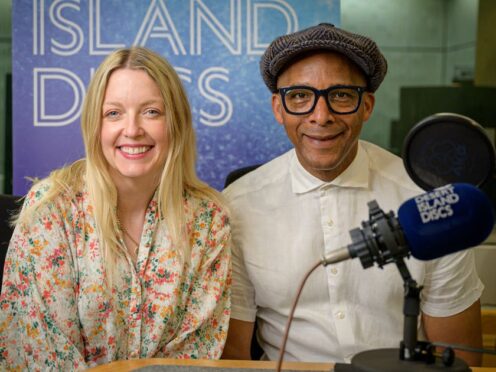Jay Blades has said The Repair Shop team “fixed” him by bringing him into another family after a difficult childhood which saw him experience neglect, racism and violence.
The furniture restorer and host of the popular BBC One show has reflected on his challenges growing up including having an absent father, who he refers to as the “man that contributed towards my birth”, and how this failed to prepare him for having his own child at age 20.
Blades told Lauren Laverne on BBC Radio 4’s Desert Island Discs: “I wasn’t ready, plain and simple. I didn’t know how to be a father and it proved that I wasn’t ready because I didn’t stay with Maria, Levi’s mum, very long.

“I think I stayed with her for about a year and that was it. If you don’t see something you can’t be. You have to be taught how to do it or you have to see a positive role model.
“I had a lot of positive role models as uncles growing up, extended uncles, but I never saw them being a father, I normally just played with the kids and we just went out we did what we did.
“I didn’t see what they did as being a father. So it’s very hard for me to do that. Really, really hard.”
The TV host explained that when his mother had him aged 17 or 18 she was kicked out of her family house and Blade’s father had promised to buy them a flat but instead he disappeared with the money.
Blades also revealed he later discovered he has 27 half brothers and sisters and said that he is close with two of them.
The furniture restorer recalled how his school and teenage years in Hackney, London, were also challenging as he experienced racist bullying and being put in the back of police van and “beaten up” during the period of stop and search.
In later life, Blades picked up furniture restoration and set up a new venture called J & CO before joining the BBC to host The Repair Shop in 2017.
Reflecting on the impact the show has had on his life, he said: “The Repair Shop has fixed me because what it’s done is actually brought me into another family, that’s people in front and behind the camera, who have looked after me and understand my kind of, I’ll call them differences, and just accepted them.”
He added: “Kirsten, Steve, Will – you have to be there to understand that what you guys see on TV is brilliant, don’t get me wrong, it’s even better in real life.”
Blades said that he thinks the show’s success comes down to its community spirit, saying: “It talks about stuff that we all want, which is community, people coming together, love, and then also just kindness.
“It’s like people just feel comfortable and just open up.”
The full interview on Desert Island Discs is available on BBC Sounds.
